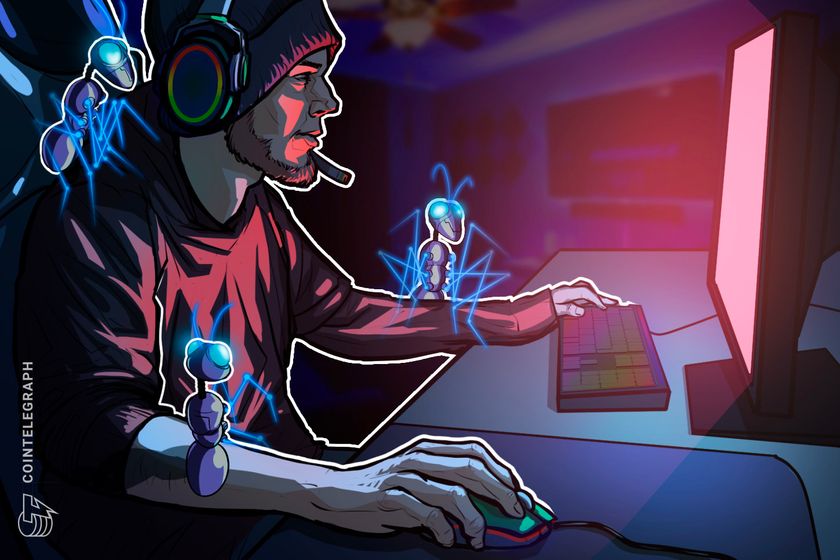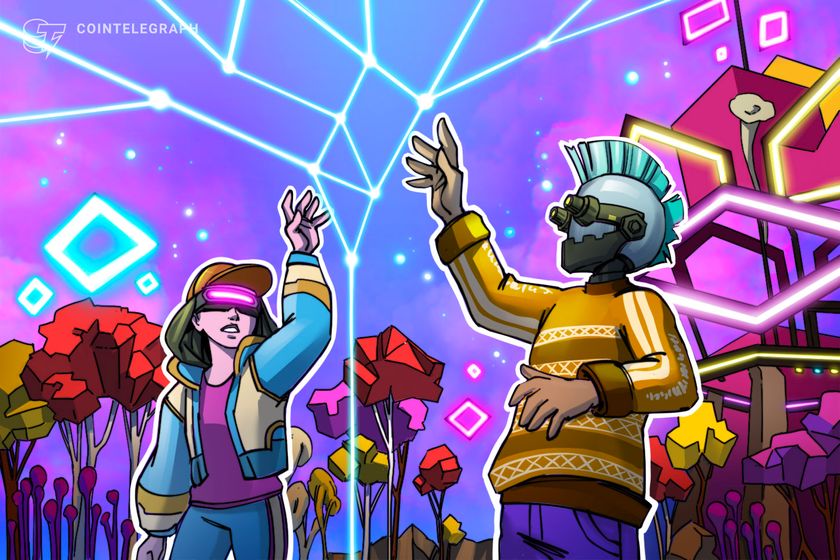Improbable sells gaming venture for $97M, shares 2024 metaverse predictions


The metaverse developer Improbable sold its gaming venture, The Multiplayer Group, as a part of its venture strategy for 2024.
Metaverse technology company Improbable announced in an end-of-the-year statement on Dec. 18 that it had sold its gaming venture, The Multiplayer Group (MPG), to Keywords Studios for £76.5 million ($97.1 million).
Herman Narula, co-founder and CEO of Improbable, called Keywords “a like-minded business partner” and said he was delighted to see MPG embark on a new chapter. Keywords works with large names in the gaming industry, such as Activision Blizzard, Bethesda, Zenimax, Epic Games and 2K.
Narula said this deal is a part of its venture strategy for 2024. Improbable originally acquired MPG in 2019 for around £30 million.




















